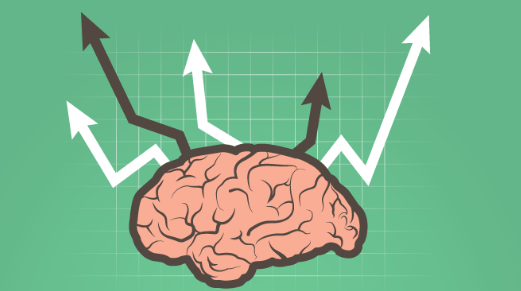STAGES OF MEMORY VERSUS GROWTH MINDSET
By Luke McKenna
In a study of 373, 7th grade students, students were divided into two groups and were taught about the brain and study skills (Blackwell, Trzesniewski & Dweck, 2007). Both groups were taught about the structure and function of the brain in the first two lessons. However, half of the students received training about the stages of memory (reading for memory, teaching mnemonic strategies), while the other half were taught about the growth mindset (the malleable brain and growing the “neural network maze” through learning). Three times as many students in the growth mindset group showed an increase in effort and motivation compared with the control group during the training. After the training, the control group continued to show declining grades, but the growth-mindset group showed a clear rebound in their grades. UPP’s Thrive Online Modules are based on this malleable intelligence intervention, and is focused on changing mindsets.
The study concluded: “Children’s beliefs become the mental ‘‘baggage’’ that they bring to the achievement situation.” Furthermore, “while recognizing that there can be real differences between individuals in the speed of their intellectual growth, and without denying that there may be differences in capacity, we suggest that a child’s focus on assessing these differences can have unfortunate consequences for motivation. In contrast, a focus on the potential of students to develop their intellectual capacity provides a host of motivational benefits.”
What are your thoughts? Stages of memory or the growth mindset- which one is more important? Does it have to be one or the other? Can we teach both? Do we have time for both in our curriculum? Can we afford not to teach it? Feel free to email me your thoughts or comments.
Source: http://mtoliveboe.org/cmsAdmin/uploads/blackwell-theories-of-intelligence-child-dev-2007.pdf

